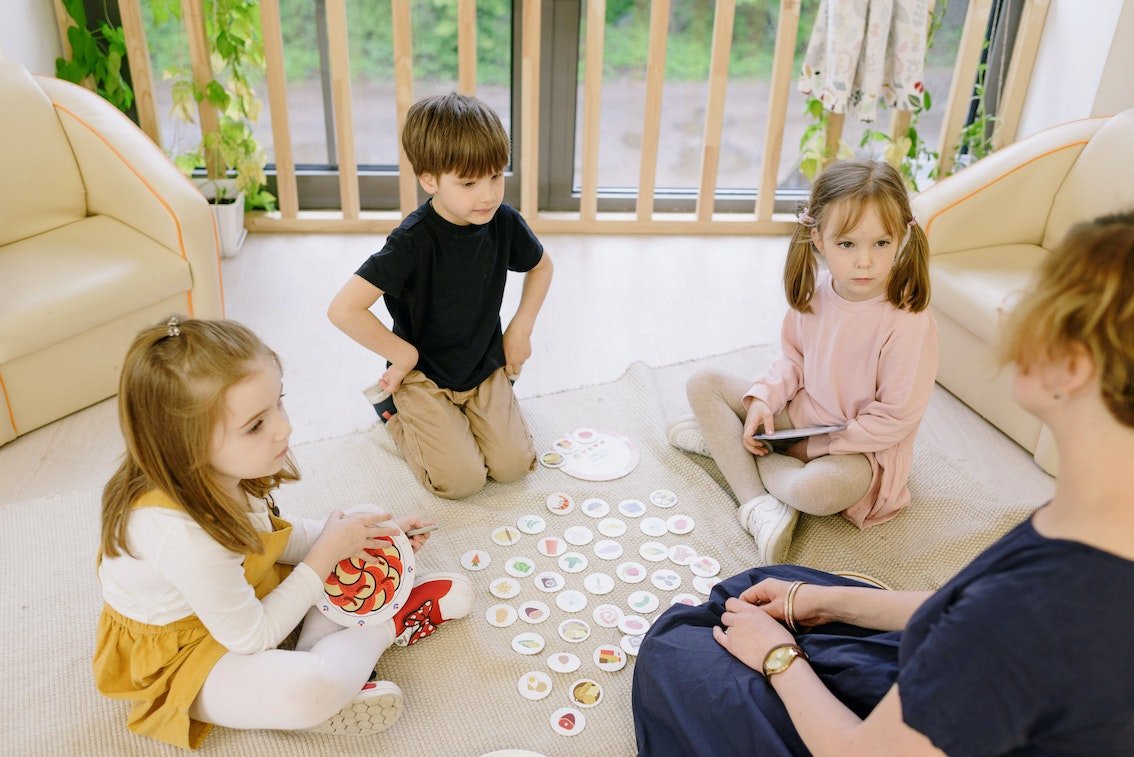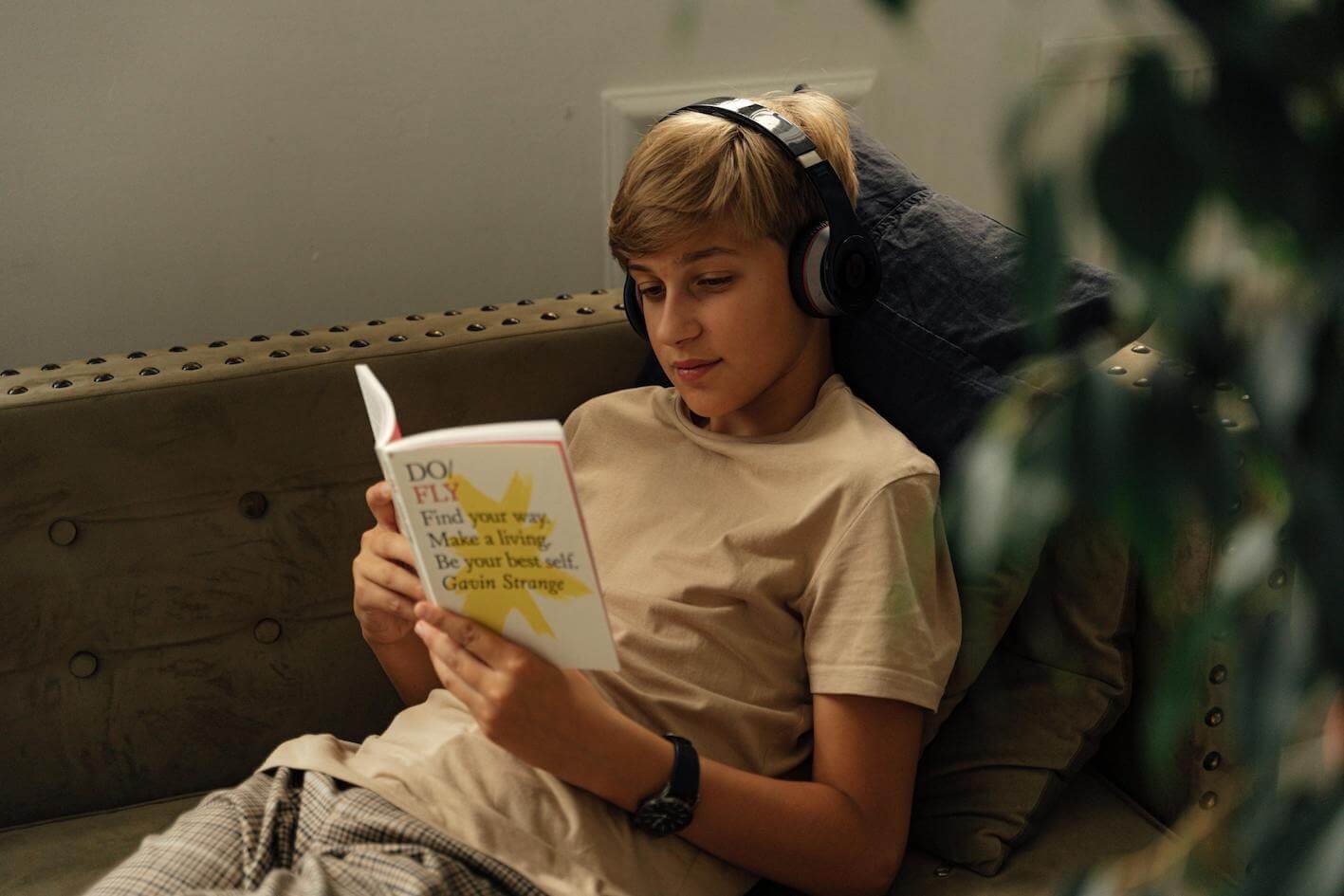
Private Autism & ADHD Assessments
One trusted service for school aged children offering private diagnostic assessments for autism, ADHD, learning differences and dyslexia. We support you and your child through every step from screening to diagnosis and when needed offering educational psychology, intervention, school support and EHCP applications advice.
Assessment & Diagnostic Services
Your Way Psychology & Education provide a range of services for children, families, and schools. We provide a comprehensive diagnostic and assessment service specialising in private autism and ADHD assessments for school aged children delivered by HCPC-registered professionals, in accordance with relevant NICE guidelines.
Autism Diagnostic Assessment
Autism & ADHD Diagnostic Assessment
Educational Psychologist Assessment
Dyslexia, Dyscalculia & Exam Access









Talk to a clinician
Many parents have questions about whether an assessment is the right step for their child. To support you in making an informed decision, we offer a free initial screening call with a psychologist. During this call, we’ll discuss your concerns, assessment processes, and explore your child’s needs, so you can decide if an assessment might be beneficial. This conversation is designed to give you clarity and confidence about the next steps
“We are neuro-affirming, which means we support and celebrate neurodiversity, valuing the strengths and rights of neurodivergent individuals and providing the adaptations they need to succeed and thrive without attempting to 'fix' or change their neurotype”
Explore all services
We offer a range of services of diagnostic and support services to areas including Buckinghamshire, Hertfordshire, Oxfordshire, Luton, Bedfordshire and Milton Keynes.
If you are interested in finding out more we free a screening call with a member of our clinical team to work out if an assessment might be right for you child.
-
We offer multidisciplinary autism diagnostic assessments for children and young people aged 4-18. Our assessments are completed by an experienced multidisciplinary team following the best practice NICE guidelines using standardised tools. The assessments include:
1. Referral form and screening call
2. Screening questionnaires for autism and other conditions
3. Developmental history and clinical interview for autism (this can take 2-3 hours, but can be broken up if needed)
4. Face to Face Appointment – ADOS-2 assessment (Autism Diagnostic Observation Schedule, 2nd Edition)
5. Qualitative school information
6. Multidisciplinary panel meeting
7. Detailed and personalised report, written in conjunction with our clinical and educational teams to ensure they are accessible and deliverable in schools.
8. Feedback session with a member of the clinical team (1 hour)
9. Consultation with a member of our education team (30 minutes)
In some circumstances we may need to complete further assessments to rule out other conditions. However, families will always be advised of these as early as possible in the process. These may include a cognitive assessment or a speech and language assessment.
-
We believe in identifying your child’s strengths, celebrating what makes them unique, and providing personalised support every step of the way.
We offer multidisciplinary autism diagnostic assessments for children and young people aged 4-18. Our assessments are completed by an experienced multidisciplinary team following the best practice NICE guidelines using standardised tools. The assessments include:
1. Referral form and screening call
2. Screening questionnaires for autism and ADHD
3. Developmental history and clinical interview for autism and the diagnostic interview for ADHD in young people (Young DIVA-5) and/or ADHD Child Evaluation (ACE)
4. Face to Face Appointment – ADOS-2 assessment (Autism Diagnostic Observation Schedule, 2nd Edition)
5. Face to face Appointment – QB Check –
6. Qualitative school information
7. Multidisciplinary panel meeting
8. Detailed and personalised report, written in conjunction with our clinical and educational teams to ensure they are accessible and deliverable in schools.
9. Feedback session with a member of the clinical team (1 hour)
10. Consultation with a member of our education team (30 minutes)
In some circumstances we may need to complete further assessments to rule out other conditions. However, families will always be advised of these as early as possible in the process. These may include a cognitive assessment or a speech and language assessment
-
A dyslexia diagnostic assessment is conducted by an educational psychologist, and our comprehensive approach determines if your child meets the criteria for dyslexia and explains the support they may need in school.
Dyslexia is a learning difficulty that affects the skills involved in accurate and fluent word reading and spelling. Therefore, these assessments involve standardised tests and observations to assess various skills related to reading and spelling. Often the assessor will speak with the parent, the young person and the school.
You may wish to seek a dyslexia assessment if you notice your child struggling with or feeling frustrated by reading, writing, spelling, or decoding words in phonics. Often, a diagnosis can help a child learn about their strengths and needs, increasing their confidence and enabling the implementation of the right support, such as interventions, by schools and other settings.
In accordance with the British Psychology Society’s definition, we would need to understand a child’s response to intervention. This means for primary aged children, our dyslexia assessments are broken down into two parts. Part one is a detailed assessment of the child’s needs with clear recommendations, and then part two with an additional follow up after one or two school terms, charged at £300.
-
An Educational Psychology report is completed by a registered and qualified Educational Psychologist. It explores your child’s strengths, weaknesses, and makes recommendations. This includes assessing various aspects like communication, cognition, social, emotional, and physical needs. The report then outlines some short and long-term goals, educational provision, and sometimes makes recommendations for other referrals to specialists or services.
-
A cognitive assessment often utilises the Wechsler Intelligence Scale for Children, 5th Edition (WISC-V). This assessment generates a Full-Scale IQ score and examines intelligence across specific domains (Verbal Comprehension, Perceptual Reasoning, Working Memory, Processing Speed, and Fluid Reasoning). Parents often seek a cognitive assessment to gain insights into a child’s strengths, weaknesses, and overall cognitive profile. Cognitive assessments can be helpful when there are concerns that a child is struggling with their learning or not reaching their academic potential. The assessment takes around 60 – 120 minutes, and a report is completed afterwards. Often, the clinician will communicate with the parent and school to develop an understanding of the child’s functioning in various contexts.
-
Our highly experienced SENCOs or education team offer bespoke support throughout the EHCP application process, including reviewing evidence through to evaluating of the finished or draft plan.
Not all young people or children require an education health and care plan. If you are unsure if this is needed, please speak with a member of our team.
It is important that you aware that this support can be found for free from other services. These include your local authority SENDIAS Team and national SEND charities like https://www.ipsea.org.uk/. However, some of our families prefer a personalised service offered by Your Way.
-
We offer support and advice with everything from ensuring your child’s school understands your child’s diagnosis and what they should do about it, to offering advice on interventions and behaviour management at home.
One of our highly experienced educational team will meet with you to work out exactly what you are looking for, they will then build up a package of support that suits your needs. Often this includes, a meeting with the school’s SENCo or class teacher and you to ensure they have the necessary information and training to support your child,
We are also able to offer advice on supporting your child’s learning at home. We may suggest some interventions or activities that may help you and your child to thrive.
What have families said?
“The diagnosis made me more confident in the EHCP application and decision to move from mainstream school to alternative provision. The report and recommendations from YourWay Psychology were incredibly helpful for this as well” - Parent of a 13 year old
“We felt heard and listened to. Going forward, that will impact our lives positively with other professionals. We have been validated, my concerns have been validated. We have started the process for an EHCP in school, he will have more of his needs met by school and intervention” - Parent of an 8 year old
“Getting the diagnosis has been so helpful, both from a personal understanding and wider support perspective” - Parent of a 12 year old
“The LA has now conceded their refusal to assess my child which is due to evidence submitted including the psychologist report” - Parent of an 8 year old
“More assessment wasn’t necessary it gave us reassurance” - Parent of a 5 year old
Supporting your family your way
Assessment
Usually a private assessment is the first step. We believe in identifying your child’s strengths, celebrating what makes them unique, and providing personalised support every step of the way. Our clinical team offers a diagnosis where relevant, this may include autism, ADHD or a learning difficulty like dyslexia.
Advice
We offer to meet with you and your child to discuss what a diagnosis may mean. We can explain the next steps and ensure you or your child know your rights. We can provide support to access an Education Health and Care plan (EHCP) or offer advice for referrals to other support services.
Support
If you choose, our education team can be part of the next step. We can liaise with schools and provide ideas for education and intervention and attend a meeting with the school’s SENCO or headteacher.













